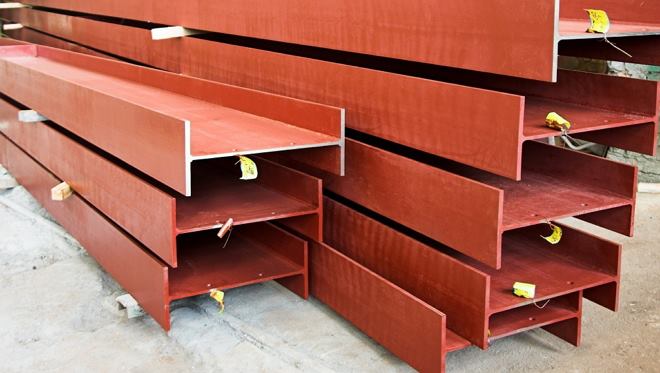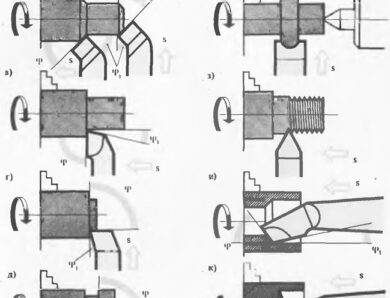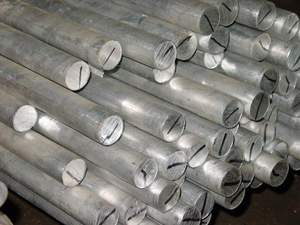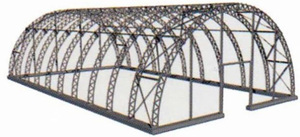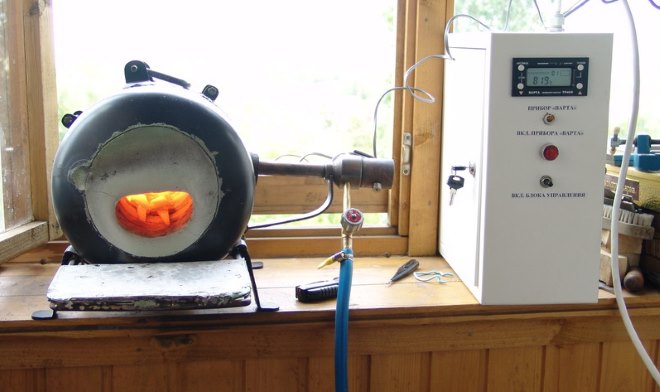
How to melt copper at home: melting point, instruction, video
Copper products are widely used not only in various industries, but also in everyday life. Therefore, it is quite natural, that many craftsmen have a question about, how to melt copper and make various products from it at home by casting. Knowledge of such technology, which has been known to mankind since ancient times, allows you to create different items not only from copper, but also from its alloys - brass and bronze.

Melting copper in a homemade furnace
Characteristics of copper
Copper is one of the first metals, which man has learned to extract and process. Products made of copper and its alloys were used in 3 century BC. e .., as evidenced by historical data and the results of archaeological excavations. The widespread use of copper was largely due to this, that it is quite easy to process in various mechanical ways. in addition, it can be easily melted.
Copper, the surface of which has a pronounced yellowish-red color, due to its softness, it can be easily processed by plastic deformation. The surface of copper when it interacts with the surrounding air is covered with an oxide film, which paints it in such a beautiful color.
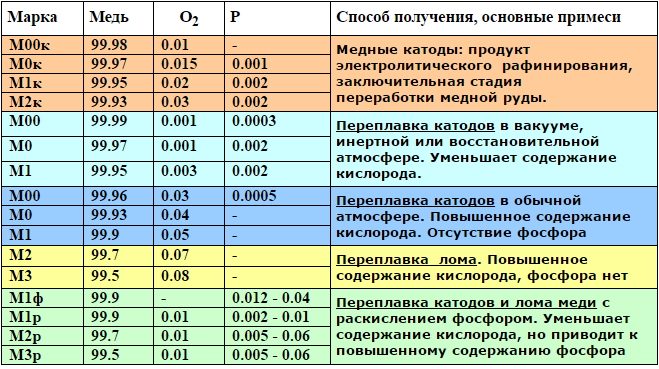
Brands of technical copper and their chemical composition
The following characteristics of copper are also important, both electrical and thermal conductivity, after which it ranks second among all metals, second only to silver. Due to these properties, its products are actively used in the electrical industry, as well as in those cases, when it is necessary to ensure rapid heat dissipation from the heated object.
Another important parameter of copper, directly affects the amount of energy and labor costs, spent in the manufacture of products from it, there is a melting point. For pure copper temperature, in which the metal changes from solid to liquid, is 1083 °. If you mix copper with tin and get bronze, then the melting point of such an alloy will be already 930-1140 ° depending on the content of the main alloying additive. Such an alloy of copper, like brass, which is obtained by adding zinc to the parent metal, has an even lower melting point, which is in the range of 900-1050 °.

Electrical properties of copper at a temperature of 20 °
If you decide to implement such a technological process at home, as a copper smelter, it is important to know another parameter - its boiling point. At 2560 ° copper begins to literally boil, which is clearly visible in the video of this process. Carbon promotes the appearance of bubbles on the surface of liquid metal and active gas formation in it, which is released from copper due to its oxidation, which occurs when heated strongly.
If you bring the shallows to a boil, then the castings from it will be of low quality, their structure and surface will be characterized by a large number of pores, which reduce not only decorative, but also mechanical characteristics.
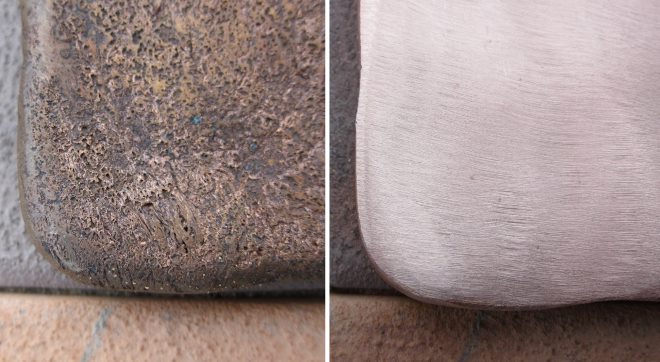
If the melting technology is followed, shallow pores may remain on the surface of the copper ingot, easily removed by grinding
Step-by-step instructions for melting copper
Melting copper, if you prepare everything necessary for the implementation of such a technological process and approach its implementation correctly, allows even at home to make copper products as a decorative, and purely practical purpose.
To melt copper, you will need the following tools, equipment and consumables:
- muffle furnace (preferably with heating temperature control);
- crucible, in which you will melt copper (crucibles are used to melt copper, made of ceramics or refractory clay);
- tongs, by means of which the hot crucible will be removed from the furnace;
- hook (it can be made of ordinary steel wire);
- household vacuum cleaner;
- charcoal;
- form, in which casting will be performed;
- gas burner and furnace.

The least impurities are contained in electrical copper
Melt copper as in production, and at home you can, following the algorithm below.
The first step
Copper in the crushed state is placed in a crucible. It should be borne in mind: the smaller the pieces of metal, the faster it melts. The crucible after its filling with copper is placed in the oven, which, using the temperature regulator, it is necessary to warm up to the necessary condition. The doors of standard muffle furnaces must have a window, through which you can observe the melting process.
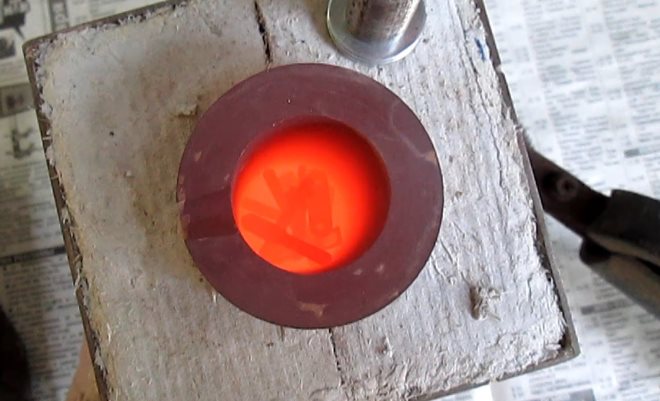
The viewing window will allow you to control the process without opening the door once more, thereby not lowering the temperature in the furnace
The second step
Once all the copper in the crucible has melted, it must be removed from the oven, using special pliers. An oxide film must be present on the surface of the molten copper, which must be moved to one of the walls of the crucible with a steel hook. The molten metal after its release from the surface of the oxide film should be poured as quickly and accurately as possible into a pre-prepared form. The details and rules of this procedure are well demonstrated by the video, which is easy to find on the internet.
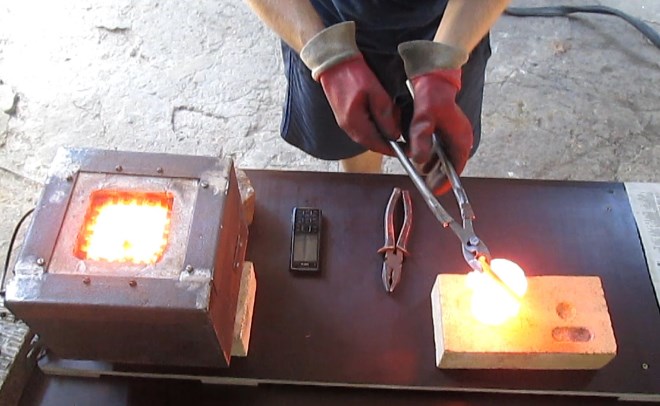
It will be necessary to pour metal on forms very quickly, if the heating method you have selected has not been able to provide the required temperature
The third step
In that case, if you do not have a muffle furnace, then you can heat the crucible with copper with a gas burner, placing it vertically under the bottom of the container. It is important to monitor this, so that the flame of the gas burner is evenly distributed over the entire area of the bottom of the crucible.
The fourth step
If it is necessary to melt low-melting alloys on the basis of copper in house conditions (brass and some brands of bronze), then an ordinary blowtorch can be used as a heating device, also placing it vertically under the bottom of the crucible. When swimming, performed by these and previous methods, the surface of the molten metal will actively interact with oxygen, which will lead to intense oxidation. To reduce the oxidation intensity, molten copper can be sprinkled with crushed charcoal.

Melting copper with a blowtorch of a homemade furnace
Step five
If your home workshop has a horn, then it can also be used for that, to melt copper, brass or bronze. In this case, the crucible with crushed metal is placed on a layer of hot charcoal. To make the process of heating and melting more intense, air can be supplied to the coal burning zone, for what the usual vacuum cleaner will approach, that does not work on retraction, and for blowing. In that case, if you use a vacuum cleaner, on its hose it is necessary to make a metal tip with a hole for blowing a small diameter.
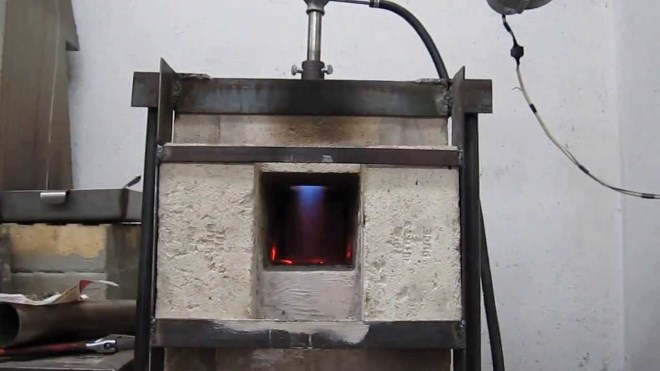
The smelting process will be even more efficient in the gas furnace
Selecting a muffle furnace for casting operations with copper and its alloys, you should pay attention to the temperature, which can provide such a device. Depending on the type of molten metal, such a furnace should provide the following heating temperatures:
- copper - 1083 °;
- different brands of bronze - 930-1140 °;
- brass - 880-950 °.
Perhaps, that you decide to make a melting furnace yourself, watching the video.
Ordinary copper, does not contain in its chemical composition any alloying additives, does not have good fluidity in the molten state, therefore, it is not very suitable for the production of products of complex configuration and small size by casting. It is best to use brass for this purpose, and choose an alloy, the surface color of which is lighter (this indicates, that brass of this brand has a lower melting point).
There is another important recommendation, which must be followed, if you decide to implement such a technological process, as casting of products from bronze alloys. It is better not to use products as raw materials, made of ancient bronze. Such an alloy may contain a significant amount of arsenic, which, evaporating, can cause serious health problems.

